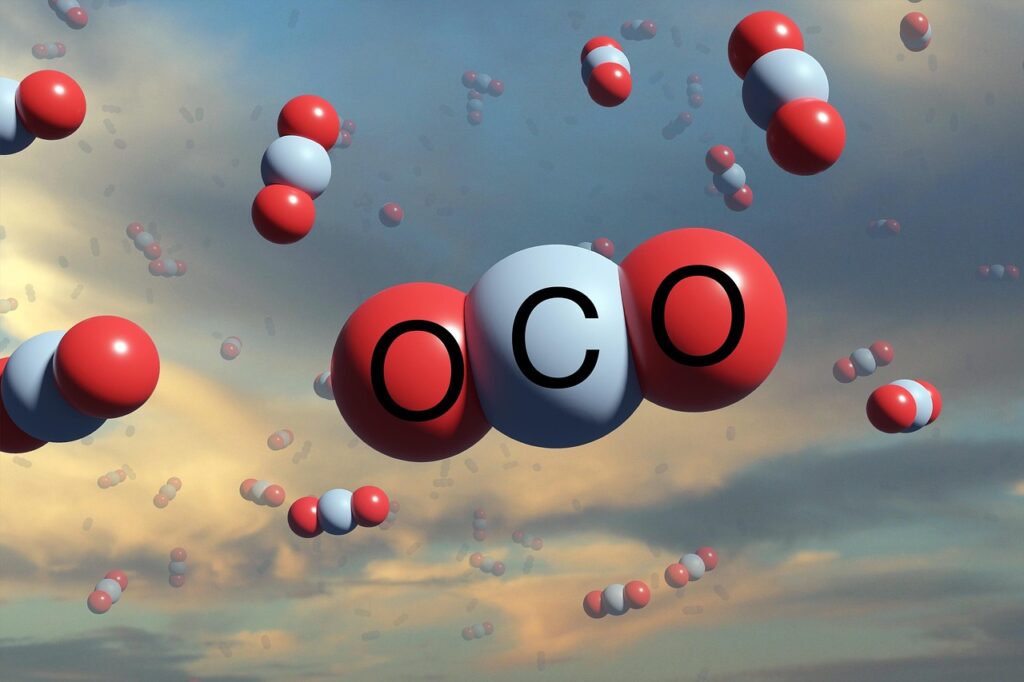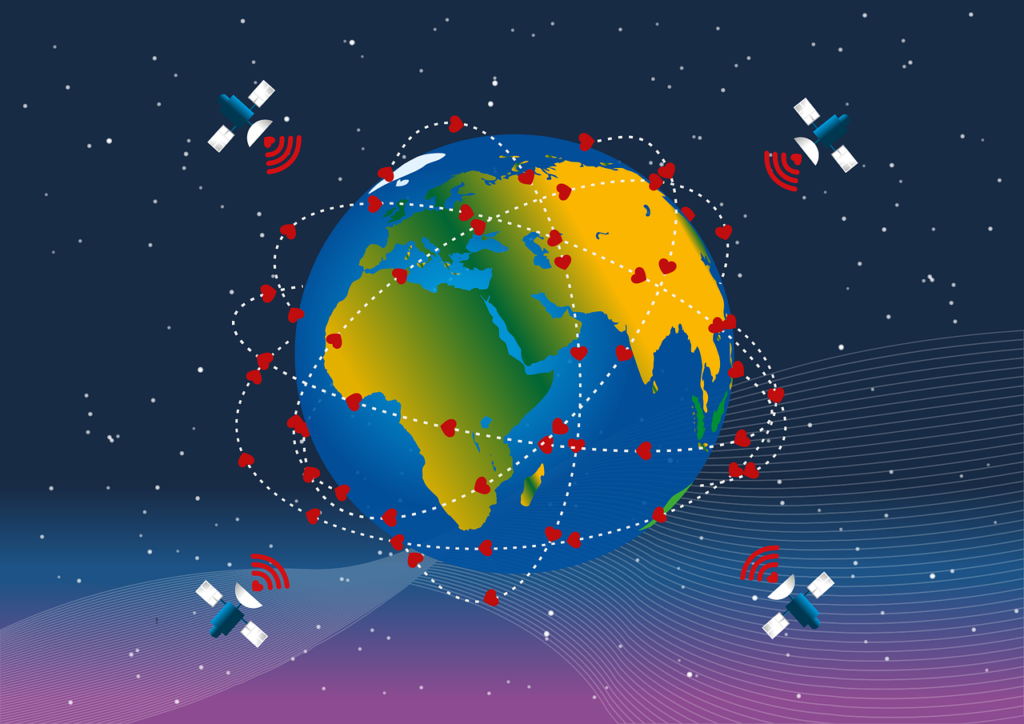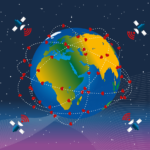
New Way to Capture Carbon Hits the Scene
A breakthrough in carbon capture technology from Finland could revolutionize how we tackle climate change. This efficient and reusable method makes recycling CO₂ easier than ever. #CarbonCapture #ClimateChange

Robotics Meets Camouflage Technology
Discover how synthetic skin inspired by cephalopods could revolutionize architecture and technology. Explore its game-changing potential in camouflage and advanced displays.

When Faith and Medicine Collide
The family of Samantha O’Neill is challenging B.C.’s policy allowing faith-based hospitals to ban medical assistance in dying, arguing it violates patients’ Charter rights. The landmark case could redefine how MAID is delivered in publicly funded institutions across Canada. #secularism

Satellite Signals Causing Major Problems
The rise of satellite constellations is causing serious radio interference, prompting calls for better standards in the industry. Learn what experts are saying about the need for improved operator performance.

Debating Cranks: Is It Worth It?
Detox trends are often misleading. Discover the truth behind popular detox claims and why you should approach them with caution. #detox #wellness #microplastics #microbiome

Screen Time Hurts Kids
Research links screen time in infancy to anxiety and decision-making issues in teens. Reading to your kids is a better choice for their development and well-being. #Anxiety

The Great Cosmic Debate: Expansion or Contraction?
South Korean astronomers are challenging the long-held belief that the universe is accelerating in its expansion. Their findings could reshape our understanding of cosmic forces and the universe's fate. #Universe #Astronomy

Stop Believing the Detox Hype
Detox trends are often misleading. Discover the truth behind popular detox claims and why you should approach them with caution. #detox #wellness #microplastics #microbiome

Can AI Ever Be Conscious?
The debate on consciousness is heating up. A recent paper introduces "biological computationalism," exploring how consciousness might differ between biological and artificial systems. This ongoing discussion is crucial for understanding what it means to be conscious.

Friday the 13th Gets Rational at SkeptiCamp 2026
SkeptiCamp 2026 lands on Friday the 13th with talks on superstition, myths about love, and the power of critical thinking. Free and open to all at MacEwan University — come question everything and learn something new.








